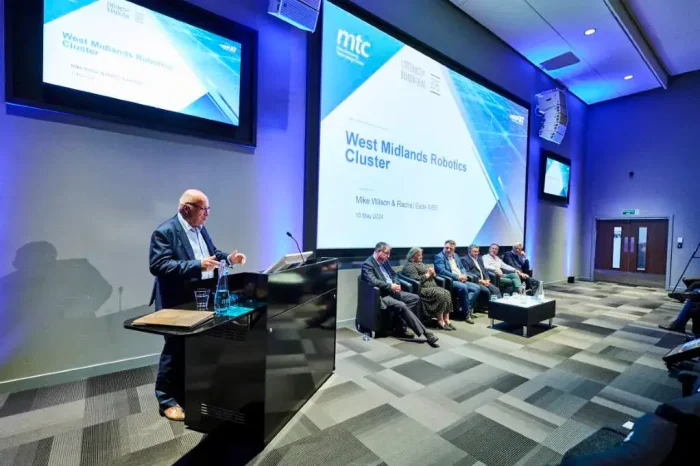Brsk secures £156M to expand FTTP services outside the Midlands

Broadband internet service provider, Brsk, has secured an additional £156 million in debt investment for its high-speed Fiber-to-the-Premises (FTTP) network, which covers 266,000 UK premises, primarily in the Midlands.
Brsk has been diligently expanding its gigabit-capable FTTP network, with ambitious plans to connect 1 million homes by 2026. The initial funding for this has been increased from an initial commitment of £103 million to a total of £259 million. This substantial financial injection will propel Brsk’s growth and play a pivotal role in achieving their goal of reaching one million homes with their FTTP network by 2026.
The additional £156m debt investment was from funds managed by existing investor Ares. James Fox, Managing Director of Infrastructure Debt at Ares, said: “We are delighted by the opportunity to continue to transact with Brsk and support them on their next phase of growth. We have been pleased with the delivery of their plan since our initial investment and look forward to working with Giorgio and the team as they look to realise their goal of delivering fibre broadband to 1 million homes.”
Brsk was founded in 2020 by Giorgio Iovino and Ian Kock, both of whom are founding members of Vumatel, the largest fiber network in South Africa. Backed by equity partner Advencap, they bring a wealth of experience in large-scale fiber deployments to the table.
Giorgio Iovino, co-founder of Brsk, said: “With support from Ares, our network has grown almost fivefold, we couldn’t be happier working with like-minded financing partners to make it possible. Securing this funding is a significant milestone in clearing the runway for us to take full fibre broadband to 1 million homes.”
As of now, Brsk’s network encompasses around 250,000 Ready for Service (RFS) homes, serving approximately 14,000 customer connections. While this figure is slightly lower than the 266,000 reported in a recent Neos Network news article, it could be attributed to rounding, potential exclusions of business premises (the focus being on “homes”), or the fact that not all 266,000 premises were RFS at the time of the previous news report.



